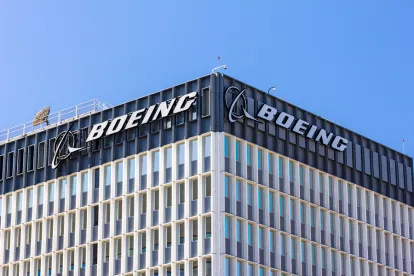After Vice Chancellor Morgan Zurn's in September issued his opinion in In re Boeing Company Derivative Litigation, UCLA Professor Stephen Bainbridge declaimed that "After Boeing, Caremark is no longer 'the most difficult theory in corporation law upon which a plaintiff might hope to win a judgment'". Last week, it was reported that the Boeing directors had settle the lawsuit by, among other things, agreeing to pay $237.5 million.
In In re Caremark Int'l, 698 A.2d 959 (Del. Ch. 1996), Chancellor Allen pronounced that directors could be liable for failures of oversight. To succeed on such a claim, however, a plaintiff must show either that the directors:
-
“utterly failed to implement any reporting information restrictions or controls”; or
-
having implemented them, “consciously failed to monitor or oversee their operations, thus disabling themselves from being informed of risks or problems requiring their attention.”
In the ensuing quarter-century, plaintiffs have made repeated, and mostly unsuccessful, attempts to plead Caremark claims. Even when these claims are dismissed, stockholders have had to bear the costs of defense. If Professor Bainbridge is correct, Caremark is no longer a tough claim to bring, Caremark claims will increase, and more stockholder money will be spent in defending and settling Caremark claims.
Boeing and its stockholders may want to take note of the fact that the Nevada Supreme Court has never mentioned, much less followed, Caremark. Further, NRS 78.138 provides that, with certain exceptions, no director or officer is individually liable to the corporation or its stockholders for damages unless the business judgment presumption has been rebutted and it is proven that:
-
The director’s or officer’s act or failure to act constituted a breach of his or her fiduciary duties as a director or officer; and
-
Such breach involved intentional misconduct, fraud or a knowing violation of law.
Given Delaware's apparent relaxation of Caremark, corporations may want to look west to Nevada.



 />i
/>i

